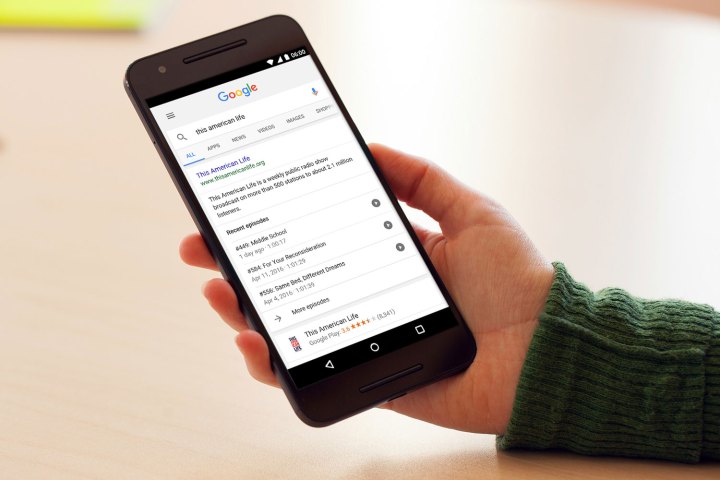
“We may remove certain types of sensitive personal information from Google Search Results,” the policy reads, and this information now includes “confidential, personal medical records of private people.”
As it stands, Google also retains the right to remove national identification numbers, bank account and credit numbers, images of signatures, and of course, “nude or sexually explicit images that were uploaded or shared without your consent,” sometimes known as revenge porn. “We want to organize the world’s information and make it universally accessible,” the Silicon Valley conglomerate notes, “But there are a few instances where we will remove content from Search.”
Ensuring that medical records are not compromised is of paramount importance, and as data breaches and leaks affecting hospitals and insurance companies become more prevalent, Google is doing what it can to mitigate the damage. Having medical records out in the open is not only an enormous privacy violation, but can also raise concerns surrounding identity theft and safety, seeing as these records often contain key information like names, birthdays, and home addresses.
Google very rarely makes changes to its Removal Policies — the last time it made an edit was back in 2015, whereupon it included the clause surrounding “nude or sexually explicit images.”
The company has relatively strict processes in place to ensure that it’s not over-censoring. Google must determine “if a piece of personal information creates significant risks of identity theft, financial fraud, or other specific harms,” and does so by looking at a variety of criteria, including whether the information is private, could be used for financial transactions, or could lead to identity theft.
However, as concerns grow surrounding fake news and the use of websites to spread potentially dangerous propaganda (such as terrorist content), Google may have to rethink its historically laissez-faire approach to expurgation.
Editors' Recommendations
- You can now try out Google’s Bard, the rival to ChatGPT
- Android 13 is here, and you can download it on your Pixel phone right now
- You can now download the first Android 12L Beta on your Google Pixel
- Google now wants you to scroll forever on its Search for mobile
- Will Google ever lose its throne as king of search? Here are its main contenders


